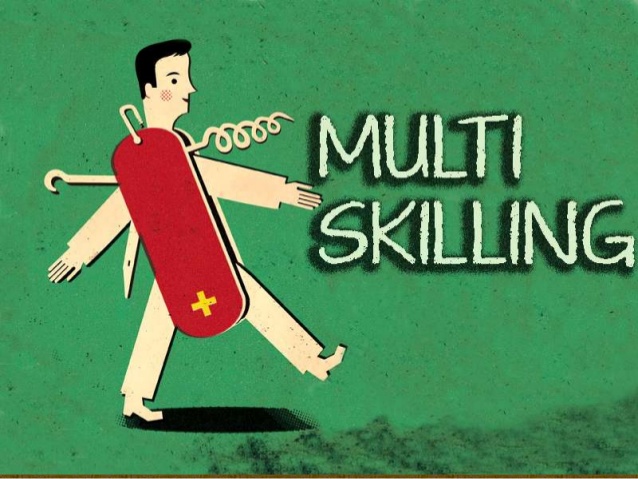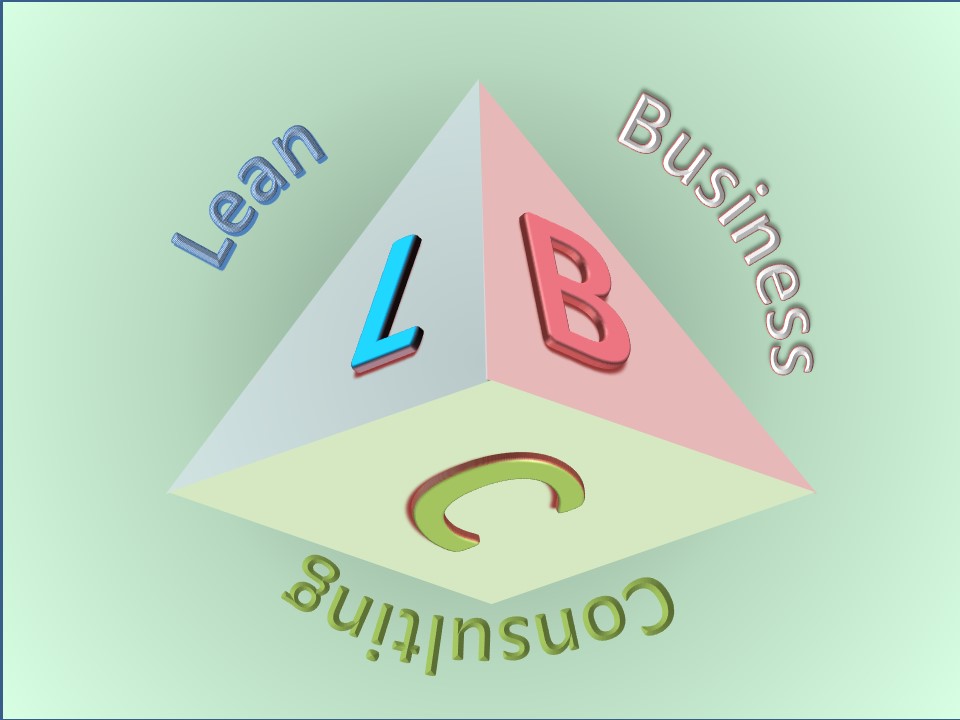The other day I was discussing with one colleague, John Davis the Production Manager of a food producing factory. He could not convince the shift maintenance guy, Garry Smith, to take over a combined role, that of the production operator and maintenance technician, despite the consent of the Maintenance Manager. Garry was clear cut, when he said ...
..that this was a demotion, because the operator’s job was more routined and less skilled compared to the maintenance job. In the end he stressed that he wished to be retired as a maintenance technician, a job that he liked a lot and was very proud to have. John was confused.
 John was happy with Garry’s skills but his main issue was that he could not resolve problems that concerned the coordination of production and maintenance priorities. He was not satisfied with the communication and the level of cooperation between the operators and the shift maintenance crew. Besides, in many occasions he had to interfere to resolve conflicts between operators and maintenance technicians, let alone with the Maintenance Manager who would praise and protect his guys. John was also recalling how many clever problem solving ideas were lost, because they were proposed by the maintenance technicians and were sabotaged by the operators or vice versa, for the trivial reason that “they were not invented here”. All of this resulted in lots and lots of working hours lost and of course in poor relations.
John was happy with Garry’s skills but his main issue was that he could not resolve problems that concerned the coordination of production and maintenance priorities. He was not satisfied with the communication and the level of cooperation between the operators and the shift maintenance crew. Besides, in many occasions he had to interfere to resolve conflicts between operators and maintenance technicians, let alone with the Maintenance Manager who would praise and protect his guys. John was also recalling how many clever problem solving ideas were lost, because they were proposed by the maintenance technicians and were sabotaged by the operators or vice versa, for the trivial reason that “they were not invented here”. All of this resulted in lots and lots of working hours lost and of course in poor relations.
Two years later the situation was totally different. John had replaced gradually all of his operators with multiskill operator – maintenance technicians. This was a new role asking that an operator – maintenance technician would act as an operator as long as the production line is running and as a maintenance technician when it stops. Such an operator can better repair his production line, because he has himself observed the development of the failure and he would then put his best efforts to repair it completely, simply because he would have to run the line afterwards. Experience has shown that despite the increased complexity of the job, the level of job satisfaction increases dramatically, because the employee has a far better control over his job.
John, with the support of the Factory Manager, achieved this change by first upgrading the operator’s job to that of the operator – maintenance technician’s, eliminating the shift maintenance technician’s job. Then he absorbed all the shift maintenance crew and hired a few more technicians, making use of the retirement plan of his personnel. He designed and implemented, with the assistance of the Maintenance Manager, a training programme focused in machine operation instructions, product quality, safety, CCPs (Critical Control Points), maintenance guidelines and troubleshooting.
It goes without saying that the conflicts were eliminated and there was a significant improvement in the morale of the personnel. This change greatly facilitated the next big step of the factory, which was the implementation of TPM. In particular, the involvement of the operator – maintenance technicians very early in the continuous improvement implementation expedited the change over time reduction, the efficiency improvement and the waste reduction, resulting, amongst other, in high customer service index (OTIF – on time in full), which in this case increased above 98% and in the stocks, which were drastically reduced by ca. 50%.
21/9/2016
Alkis Charalambopoulos, www.leansolutions.gr
Keywords: TPM, food industry, customer service, multi-skilling, change over time, operator - maintenance technician, continuous improvement.

